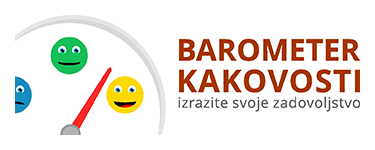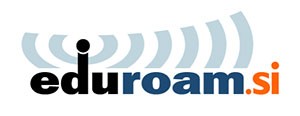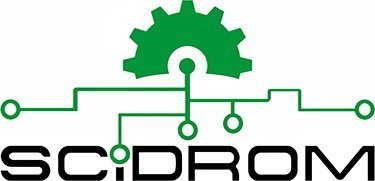GAMEST
Education covers a fundamental role in European policies framework.
In fact, as stated in Europe 2020 (EU 2020 BENCHMARKS, COM(2010) 2020 final), in order to
achieve an economy based on knowledge and innovation, education pathways have to tackle with
societal challenges and with the needs of the labour market (An Agenda for new skills and jobs,
COM(2010) 682 final). Therefore, the enhancement of teachers’ skills is a relevant tool to achieve
these European general objectives.
With this regard, the importance of the education quality is further developed in ET 2020 (Council
conclusions of 12 May 2009 on a strategic framework for European cooperation in education and
training). In this document, the European Union stresses the need to cooperate in order to innovate
education pathways and to connect them to the labour market dimension and needs. One of the main
labour market’s field pointed out by the European Union is the one related to the entrepreneurial
sector. In fact, entrepreneurship is the vehicle to foster economic growth and good competitiveness
environment.
Moreover, the Entrepreneurship Action Plan (Entrepreneurship 2020 Action Plan, COM (2012)0795
final) also stresses that the role of entrepreneurship can be considered as an instrument to improve
employability levels. A number of Member States have successfully introduced national strategies for
entrepreneurship education or made entrepreneurial learning a mandatory part of curricula.
Education should be brought to life through practical experiential learning models and the experience
of real-world entrepreneurs. Defined entrepreneurial learning outcomes for all educators are needed,
to introduce effective entrepreneurial learning methodologies into the classroom.
Considering the aforementioned strategies and needs, the promotion of Erasmus+ project based on
gamification plays a key role.
Gamification consists of employing game mechanics to non-game environments; as such, it can be
considered a tool to enhance skills of both educators and learners and can be a practical vehicle to
foster entrepreneurial mind-set and related skills.
Gamification cannot be considered as a completely new tool for learning. There have been some
experiences, also thanks to the Erasmus+ Programme, but there is still a lot to do to foster the use of
gamification for learning, particularly getting educators involved.
Since games have always been considered a diversion for young people, gamification found its first
applications in school. VET has less implementation attempts, but this has no more concrete excuses
given that people of all ages are daily experiencing, as we previously said, game mechanics. Time for
learning in VET courses is usually less than in any other kind of education and this is why topics like
capturing the attention, affecting behaviors, engaging learners are even more crucial. This is why
gamification can be very useful to match learners' aptitudes and teachers expected results.
VET becomes more and more important as an effective way to make workers' skills in line with labour
market requests. This means that VET courses take on a crucial role in labour market but, to achieve
their goals, they have to produce a real improvement on learners and this can be obtained only with
such a level of engagement to let their professional behavior really change.
OBJECTIVES
GENERAL OBJECTIVE: Support the promotion of high‐quality and innovative teaching based on the
application of gamification strategies.
SPECIFIC OBJECTIVE 1: Define the state of the art of gamification applied in entrepreneurial
education and detect to what extent the target group is already engaged with gamification practices.
SPECIFIC OBJECTIVE 2: Strengthen gamification skills and their application knowledge for VET
educators
TARGET GROUP: VET providers, specifically teachers, coaches and mentors involved in
entrepreneurial education.
entrepreneurial education.
NEEDS
GAMEST' goals aim at filling the gaps within VET educational field and at increasing quality in
professional environment. Those needs are especially identified in Romanian, Italian Slovenian and
Spanish contexts, where VET providers’ skills have to be strengthen. Through the provision of
didactic material on gamification applied to entrepreneurial VET education, those gaps can be
successfully filled.
TRANSNATIONALITY
GAMEST' objectives aim at increasing quality of VET teaching, combining it to entrepreneurial
issues. Both education quality and entrepreneurship matters are primary European goals that
member states have to pursue transnationally, trying to overcome structural differences acting
together. Through specific expertise exchange, the Consortium will be able to enrich each other’s
VET educational quality, especially in those contexts where gamification didactic pathways applied to
entrepreneurial education are less known and used.





